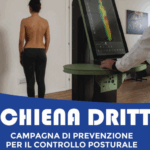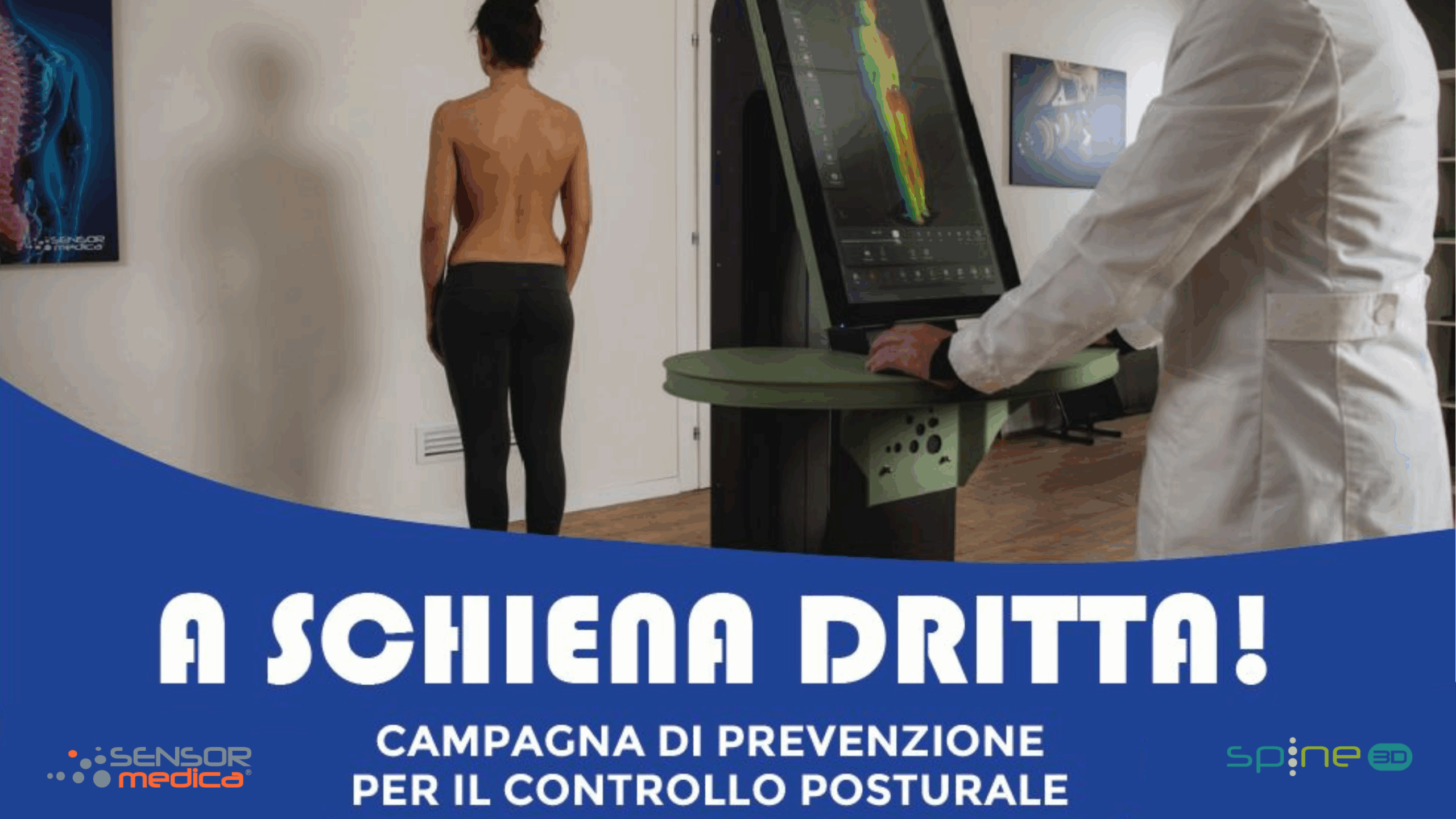
Back pain in summer: causes, risks and strategies to prevent it
Summer is synonymous with relaxation, holidays and outdoor activities, but it can also hide pitfalls for the health of our backs. It’s still May, but the heat (and holidays) will be here very soon. During the summer season, certain behaviours and environmental conditions can increase the risk of lower back and cervical pain. Understanding the specific causes and taking preventive measures is essential to enjoying the summer without discomfort.
The main causes of summer back pain
Intense physical activity without adequate preparation
With the arrival of good weather, many people take up sports or physical activities after periods of inactivity. Sudden exertion or uncontrolled movements can overload the back muscles, causing pain or muscle spasms.
Incorrect posture during relaxation
Lying on sun loungers, hammocks or beach chairs without adequate lumbar support can lead to unnatural positions of the spine. Even sitting for long periods in incorrect positions can contribute to the onset of back pain.
Excessive use of air conditioning
Prolonged exposure to cold draughts can cause muscle contractures, especially in the cervical area. Incorrect use of air conditioning, with temperatures that are too low or jets directed at the body, can promote the onset of muscle pain.
Long journeys and static postures
During summer travel, spending many hours sitting in a car, train or plane can strain the back. Lack of movement and prolonged static postures can contribute to muscle tension and lower back pain.
Strategies to prevent back pain during the summer
- Gradual physical preparation: Before undertaking sporting activities, a period of progressive training is recommended to strengthen muscles and improve flexibility.
- Pay attention to your posture: Use adequate back supports when relaxing and maintain a correct posture even when sitting for long periods.
- Use air conditioning wisely: Avoid excessively low temperatures and position air vents so that they do not blow directly onto your body.
- Take breaks during journeys: During long journeys, it is helpful to take regular breaks to get up, walk around and do simple stretching exercises.

Safe prevention with Spine 3d
And remember that back pain, like any other pain, should not be endured passively; you should always take care of your health. With Spine 3d (Sensor Medica) and its non-invasive analysis method, you can now monitor the well-being of your back in complete safety. Learn to love yourself: take care of yourself!
Conclusion
Summer offers many opportunities for wellness and fun, but it is important to pay attention to your back health. By adopting conscious and preventive behaviours, you can reduce the risk of back pain and enjoy the summer season to the fullest.
Related Posts

- admin
- April 19, 2022
Back pain in children
It is not always easy to understand the signals children send us. Back pain should always alarm ..

- admin
- May 23, 2022
The expert’s advice – The Spine 3D system
We have already had the opportunity to host an important talk by Professor Menchetti in our pag ..



